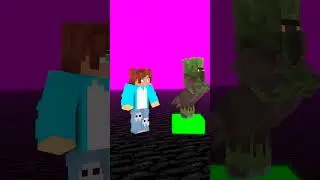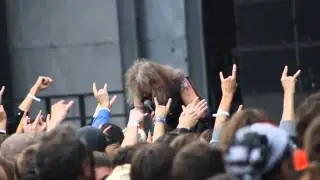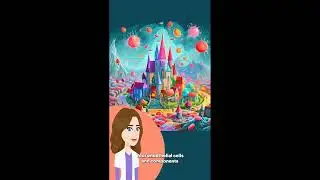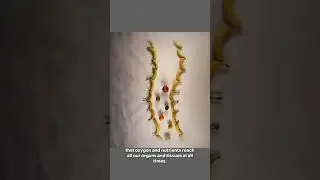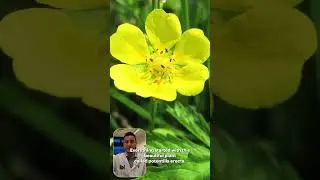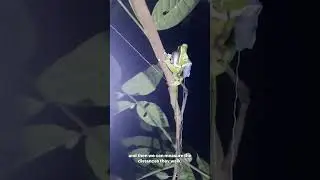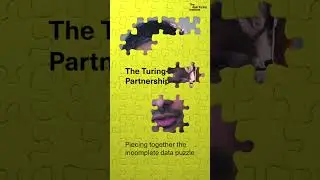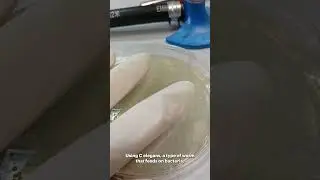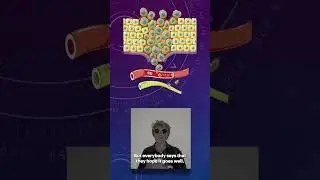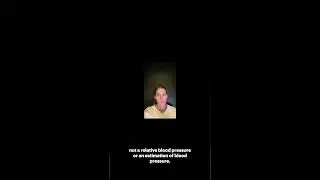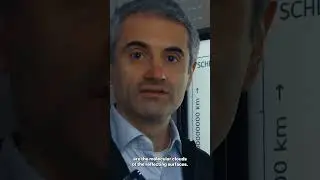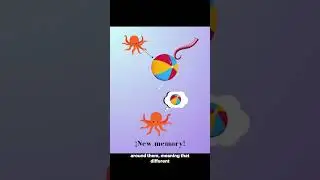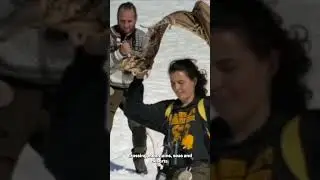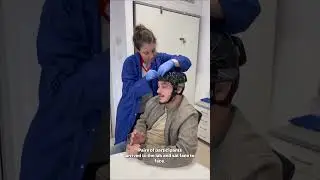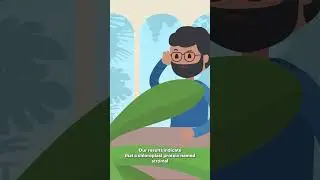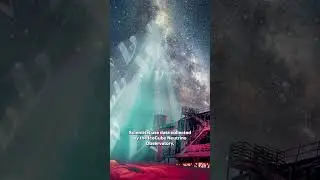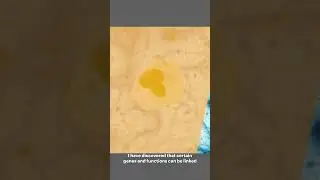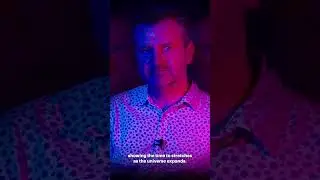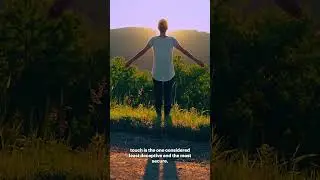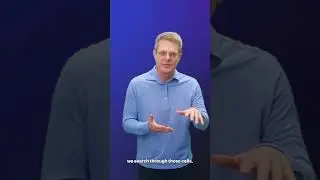Meet the retired scientists who collaborate with younger colleagues
In the sixth and final episode of The Last few miles: planning for the late stage career in science, Julie Gould unpicks some of the generational tensions that can arise in academia when a colleague approaches retirement.
Inger Mewburn, who leads research and development training at the Australian National University in Canberra, tells her: “There’s a fine line between being around and being valued, to being around and kind of being a pain in the ass and no one will tell you to go away.”
Gould also talks to scientists who, despite reaching retirement age, continue to engage with younger colleagues, enjoying positive interactions at conferences and co-authoring papers.
They include Heather Middleton, who started trawling England’s Jurassic Coast in her 60s, looking for specimens that might lead to a deeper understanding of palaeontology. Middleton, who is approaching her 80th birthday, taught science in schools and colleges, and in retirement balances her fossil-hunting, (and the collaboration opportunities it brings), with family holidays, grandchildren, friends and Tai Chi. "It’s a great balance, which I hope other retiring scientists will be able to enjoy such opportunities that I’ve had," she says.


